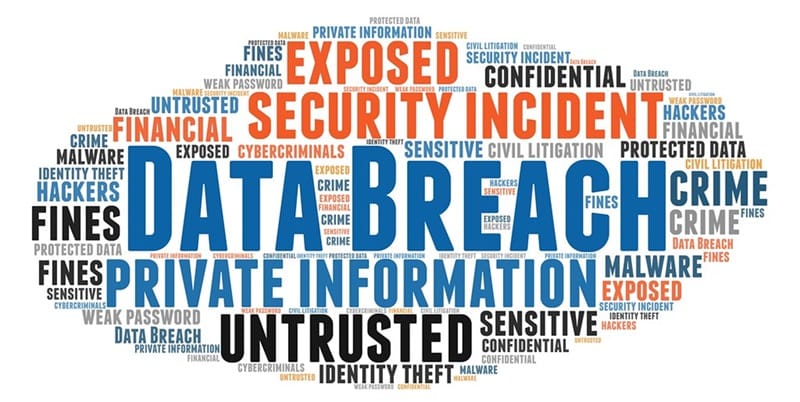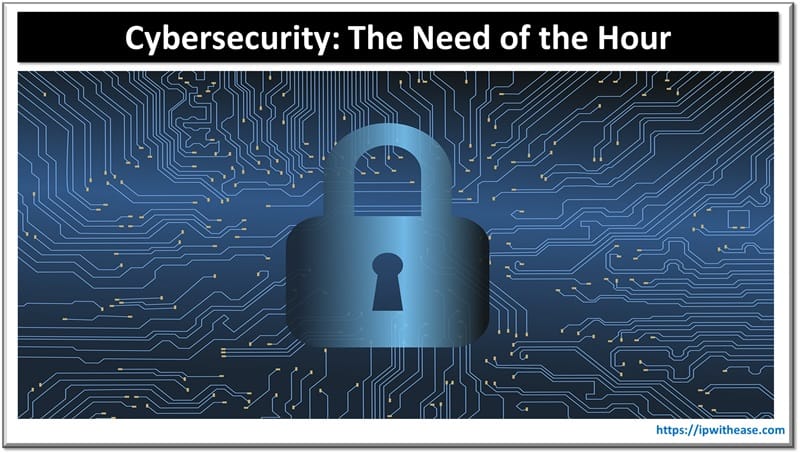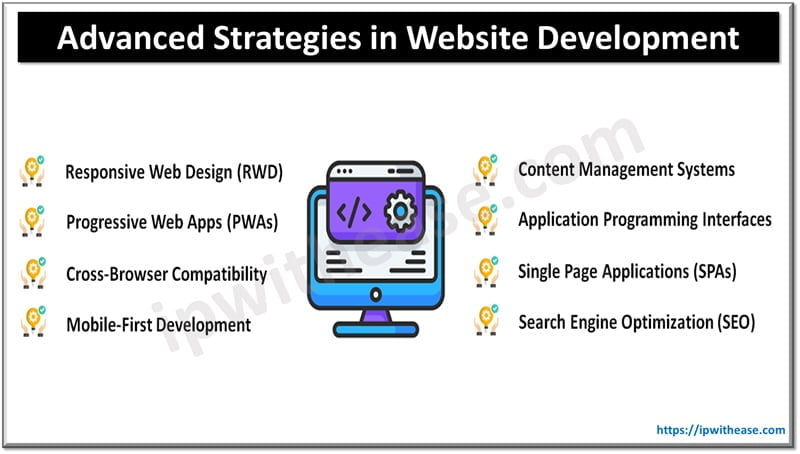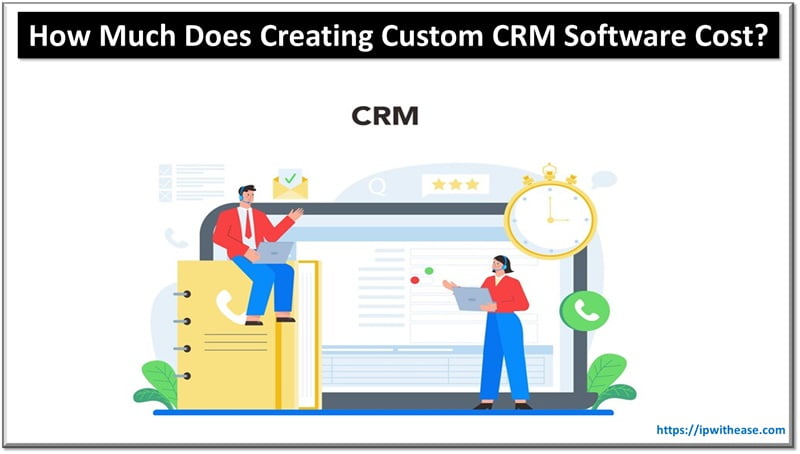Table of Contents
The ever-growing rate of cyber threats is turning data breach incidents into a major cause of concern for any size of business. A data breach can result in financial loss, a bad reputation, and regulatory fines. In an effort to avoid these risks, many organizations seek help from IT security companies.
These companies specialize in strategies and solutions that protect sensitive data, safeguard digital assets, and provide businesses with the resilience needed to withstand cyber attacks.
This article provides an overview of the role of IT security firms in preventing data breaches by explaining what they do and why they are important for businesses.

The Role of IT Security Companies in Safeguarding Data
The basis of IT security companies, basically, revolves around the identification and addressing of vulnerabilities within a business’s digital infrastructure. In essence, they can prevent any potential breaches through various preventive measures.
Some key areas that cybersecurity IT companies cover include:
- Risk Assessment and Vulnerability Scanning: First and foremost, it is needed to perform a risk assessment and identify the potential weaknesses that can lead to data exposure. Using tools for vulnerability scanning and risk assessment frameworks enables a company to visualize its current security posture with clarity.
- Threat Detection and Incident Response: The modern solution of IT security involves breach detection, not just its prevention. Many IT security providers provide 24/7 monitoring to respond with quick actions to any form of threat that might occur.
- Employee Training and Awareness Programs: Human error is still the leading factor in data breaches. IT security firms educate employees on simple tactics, such as phishing, and, in so doing, provide organizations with a reduced risk of inadvertently exposing data.
Key Services Provided by Cyber Security IT Companies
IT security companies use an array of techniques and tools to protect business data, from network monitoring and data encryption to a host of other services. Let’s explore some of the most critical services they provide.
1. Data Encryption
Encryption is among those potent ways to keep data safe, whereby it ensures that sensitive information can only be accessed by authorized persons.
IT security companies help organizations execute strong encryption of stored and transmitted data. Securing the data at all levels prevents breaches that would take advantage of unencrypted information.
2. Firewall and Intrusion Detection Systems
Firewalls and intrusion detection systems serve as the walls between an internal company network and any external threat.
These systems are implemented and managed by IT security firms to monitor and filter the incoming traffic to block any kind of suspicious activity. Intrusion detection systems are very handy in tracing the peculiar patterns or signs of attempted hacking and alerting the security teams for further investigation.
3. Endpoint Protection
The devices at the endpoint, such as computers, tablets, and mobile phones, are very much prone to these cyber attacks. For this, IT security companies give comprehensive protection to these endpoints. Antivirus software, secure access management, and other kinds of controls could prevent unauthorized access to the systems of the company.
How the Best IT Security Companies Stand Out
Not all organizations are equal when it comes to choosing an IT security provider. Here are several characteristics shared among the most successful IT security companies:
- Experience and Specialization: Top IT security companies boast years of experience and expertise in cybersecurity matters. They are updated on recent threats and compliance standards so that one’s clients are protected with advanced security protocols. Often, top cybersecurity companies have professional workers who are certified in different fields, ranging from threat intelligence to ethical hacking.
- Real-Time Monitoring and Response Capabilities: Real-time threat detection and rapid responses are significant in data breach prevention. The best IT security companies offer around-the-clock monitoring and maintain incident response teams that can respond with speed at any detected threat. This reduces the time it takes to respond to an incident and minimizes potential damage.
- Custom Solutions and Flexible Service Models: Larger or smaller, simple or complex, each business has different security needs. The leading IT security companies provide tailored solutions to meet the specific needs of their clients. Moreover, many offer flexible service models whereby companies can choose exactly what they need, from a fully outsourced comprehensive security package to more specialized solutions.
Strategies Used by IT Security Firms in the Prevention of Data Breach

IT security companies employ several methods to safeguard data from breaches. A few of the common ones are listed herein:
1. Multi-Factor Authentication
MFA compels users into multiple-step authentication of their identity. The inability to access sensitive information without the additional factors of authentication apart from a password protects businesses from potential breaches through credential theft with the assistance of IT security companies.
2. Periodic Security Audit and Penetration Testing
Security audits and penetration testing enable the IT security team to identify and patch the vulnerabilities before they can be leveraged by an attacker. Audits are deep analyses of a company’s security posture, while penetration testing simulates real-world attacks to assess the effectiveness of the existing defenses.
3. Compliance and Regulatory Support
Most industries have strict regulations concerning data protection. In addition, meeting these standards shields business entities from potential legal problems and penalties. IT security companies help organizations maintain compliance because they ensure that data protection mechanisms are based on regulatory standards.
How to Choose the Right IT Security Company for Your Business Organization
With so many choices today for cybersecurity, choosing the right partner could be an overwhelming task. However, there are a couple of factors that businesses consider in selecting cybersecurity IT companies:
- Experience and Industry Knowledge: For a provider company, experience in your industry may be an important factor. There are industries, such as healthcare and finance, with unique requirements for data protection. IT security providers with experience in these specific vertical industries are often better prepared to deal with particular regulatory requirements.
- Cost vs. Value: Security investments vary considerably. Keep in mind that while the cost may be high, the value of services can also mean great benefits. The best IT security companies may come at a premium, but the level of protection they offer could save businesses from the financial impact of a data breach.
- Customer Support and Service: A good IT security partner will have responsive customer support and be available for questions or issues. The ability to offer responsive service has the potential to make a big difference when potential security incidents arise.
The Bottom Line: Why Partner with IT Security Companies
In today’s hyper-connected world, data breaches are more of a threat than ever. Businesses can clearly benefit at all scales-from startups to large corporations-through the professional services of these IT security companies.
They provide proactive means to protect your data, minimize security breaches, and let companies keep their sights on their core business rather than constantly worry about cyber threats.
When choosing between the best IT security companies, the decision should be based on a combination of experience, service offerings, and cost considerations. By selecting the right provider, businesses can fortify their defenses and build a culture of security that is equipped to handle the evolving landscape of cyber threats.
ABOUT THE AUTHOR
IPwithease is aimed at sharing knowledge across varied domains like Network, Security, Virtualization, Software, Wireless, etc.



